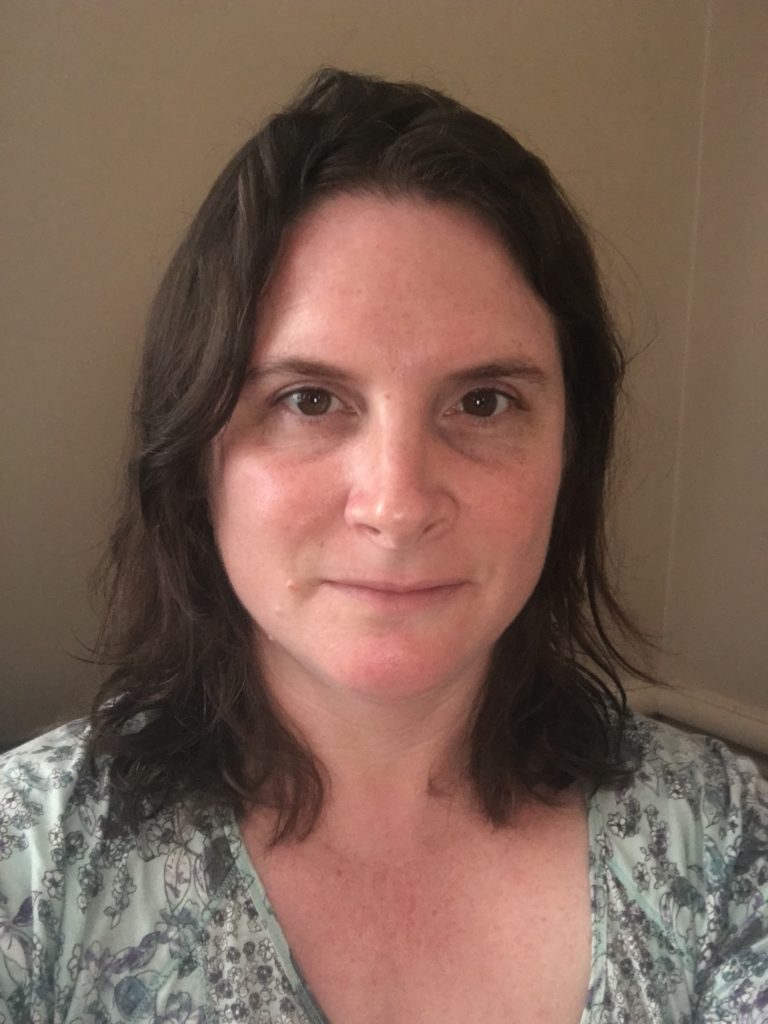Psychologist Voice 2
Dr Naomi Fisher – Clinical Psychologist

Dr Naomi Fisher is a Clinical Psychologist who has worked with many children who are unhappy at school, and for whom she says school is damaging. She has written many articles (see further reading below) and is the author of Changing Our Minds: How children can take control of their own learning.
As a psychologist, it makes no sense to her that we should control children in the name of education. She says that it makes learning and motivation unnecessarily difficult and takes the power away from children and young people. She says that there is evidence that education doesn’t have to be so restrictive, that learning works best when children have choices and that it’s important not to ignore this evidence.
In your opinion, what are the main challenges of our current school system?
The main challenges are working out what ‘an education’ should actually be. Right now, an education is all about showing progress, and learning a curriculum decided by adults, so you can take exams at the end. This will never work for everyone. Some children are always the losers. To avoid this, we need to stop making competition the backbone of our system, and instead allow each child to learn what is most important to them, without comparisons with others.
When children go through the doors of a school, they lose a lot of their power. Their only real choices are to comply or not. This damages all children, in my opinion, but it particularly harms those who learn very early on that they are failures, not as ‘clever’ as everyone else. Children who struggle at school form beliefs about themselves which they then carry forwards through their lives. It’s not helpful to start out your life thinking that you aren’t as capable as other people, for example, and yet that is exactly what many young children learn when they go into school and concerns are raised because they are ‘behind’.
Adults like to imagine that children don’t notice these differences, but the research shows that even young children at school are aware of whether their teachers think they are capable or not, and how they compare to their peers. The research also shows that how capable a child thinks they are predicts their later performance, even if they weren’t actually that capable to begin with.
Young children are all self-directed learners, often to an extent which surprises their parents. They take charge of the process from very early on. They learn the things they need to know in order to live the life that they want, right now. Schools turn this on its head, removing learning from context. Young children learn to speak because they want to communicate. They learn to walk so they can move around. This is learning in context.
When a school says to a child that they must learn something now so that they will be able to use it in the future, they remove learning from context, and they prevent children from being in the driving seat of their education. Children who, as toddlers, knew their interests and passions, lose touch with their own motivation and reason for learning. Learning becomes something we do because we are told to do so. And this makes learning less fun, less productive and it also leaves teengers unclear as to what they really enjoy and want to learn about.
What are state schools doing well?
They include a huge range of children. For some children, they provide a caring and safe environment which they don’t have at home. They can provide trusted adults for children and can increase the life experiences of many children. They provide childcare for parents who need it.
There are extremely dedicated teachers who work very hard. They provide meals to children who otherwise would not have them and can provide a support system.
If you could make changes to the state education system, what would be your top priorities?
I would get rid of standardised testing. I would make the school day more active, and more flexible. I would start with children and what they need, rather than a curriculum which should be learnt.
I would introduce much more autonomy into the school system, allowing children real choice about how they spend their time and what they learn. I would mix age groups and introduce play into the curriculum, every day, for all ages.
Is there anything else you’d like to add?
Children don’t have to be forced to learn. Look at any young child, full of curiosity and enthusiasm. They don’t have to lose that as they grow. They can continue to learn in the same way, right through their childhood.
Follow Dr Naomi Fisher
You can follow Dr Fisher on Twitter at https://twitter.com/naomicfisher
Further Reading
Changing Our Minds: How children can take control of their own learning, by Dr Naomi Fisher
She has also written the following articles:
Learning in the Time of Corona: A Circle of One Kilometre Radius
Tips for Keeping Kids Entertained During France’s Lockdown
School’s out…Naomi Fisher considers the arguments for self-directed education
School Culture is Really Strange: Reading ‘Ramona the Pest’ as a self directed learner highlights how arbitrary school conventions really are.
SEN Magazine – Issue 102 – September/October 2019 (See Dr Fisher’s article Lessons From Life on page 102)
Watch/Listen to Dr Naomi Fisher
The Lockdown Learning Podcast
Dr Namoi Fisher was a guest speaker on East Kent Sudbury School’s Lockdown Learning Podcast:

